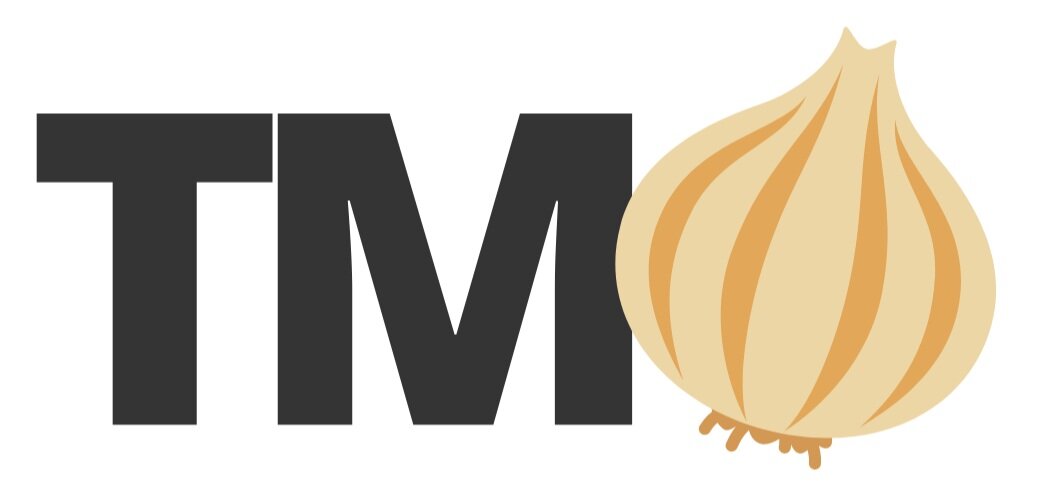Having a Career Game: The Student-Athlete Skillset
Originally Published via LinkedIn on April 20, 2015.
I was reading an article recently about 10 necessary skills we don’t learn in college. As someone who works student career development, I usually agree wholeheartedly with this kind of article. However, as I started to read the reasons, I started to realize something: I had learned the majority of these skills in college because I was a student-athlete.
Here are the skills that stuck out most to me out of the ones listed in the article:
1. Networking
As the daughter of a college professor, the concept of networking and the phrase “it’s all about who you know!” was drilled into my mind from a young age. As a student-athlete, it was strongly reiterated. But I didn’t understand just how important networking was until after I had graduated.
For the most part, every interview, internship, and job I’ve ever landed has been because of my student-athlete background. Whether it was because of a coach’s network, a teammate’s relative, or simply because I competed in college--my being a student-athlete has contributed to my success.
2. How to Sell
This is something I learned along the recruiting path. The schools I associated more strongly with were the ones with programs that sold me on a vision. During my time as a student-athlete, I got to take part in several recruiting visits, and I’d like to think I did a great job of “selling” recruits and their parents on the vision of where our program was headed.
3. How to Master a Field
Student-athletes get this from a very early age. We all want to know how to be the best at our craft. What exercises can we do to improve? How can we condition our bodies to be a half second faster, jump a half inch higher, throw a half inch farther? We know that it takes a ton of time to truly master something, and we know how to work hard enough to get there.
4. Leadership
Do I need to elaborate on this one? Whether in a designated leadership role on the team or not, student-athletes are leaders.
5. How to Fail so that Failure Turns into a Beginning
This is perhaps the single most important things student-athletes learn. When I first read this, I thought of my own experience with failure turning into a beginning. During my junior year of college, my team started off 20-0. Despite our success, we weren’t happy with the way we were playing. Our 21st game was our first loss of that season, but it was also a major turning point in the way we played and the way we thought.
Each time a student-athlete fails, they learn. It’s critical. Because if they don’t learn, they will continue to perform poorly. And thanks to their natural competitive nature, that doesn’t fly.
The focus with student-athletes needs to be on how these skills are transferrable into the workplace. How will they continue to network, lead, and master a field? These are the things we must be willing to teach as administrators. The question for student-athletes shouldn’t be “what skills do you have?” It needs to be "how will you use them?"

